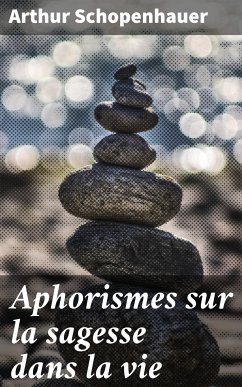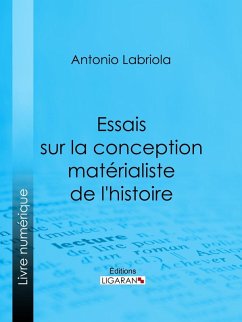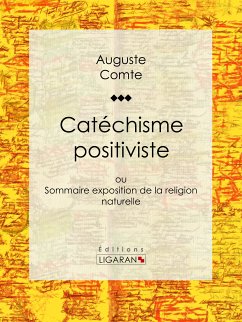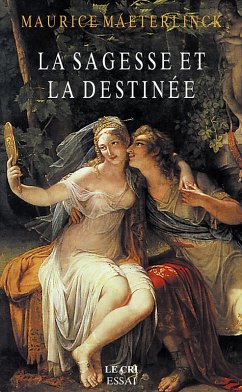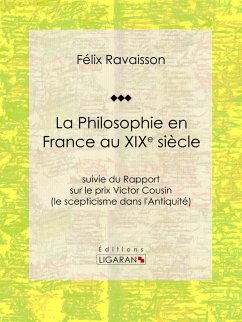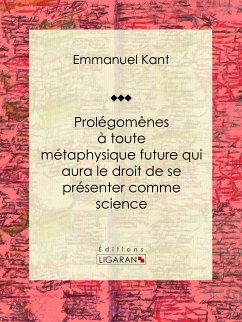
Aphorismes sur la sagesse dans la vie (eBook, ePUB)
Versandkostenfrei!
Sofort per Download lieferbar
9,99 €
inkl. MwSt.
Weitere Ausgaben:

PAYBACK Punkte
0 °P sammeln!
Extrait : "Aristote (Morale à Nicomaque, I, 8) a divisé les biens de la vie humaine en trois classes, les biens extérieurs, ceux de l'âme et ceux du corps."
Dieser Download kann aus rechtlichen Gründen nur mit Rechnungsadresse in A, B, CY, D, EW, E, FIN, F, GR, IRL, I, L, M, NL, P, SLO, SK ausgeliefert werden.




